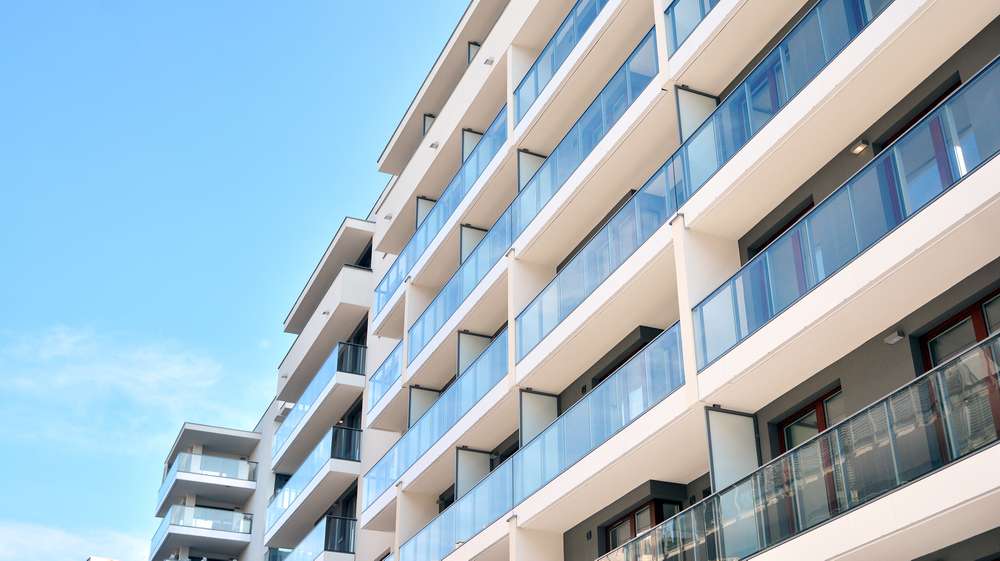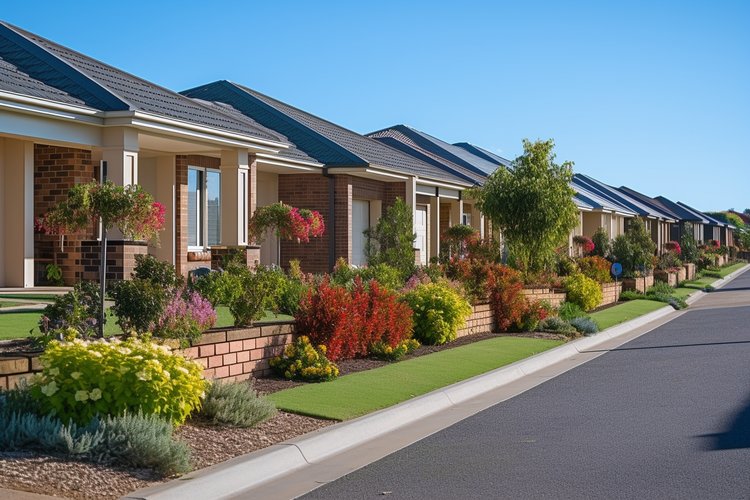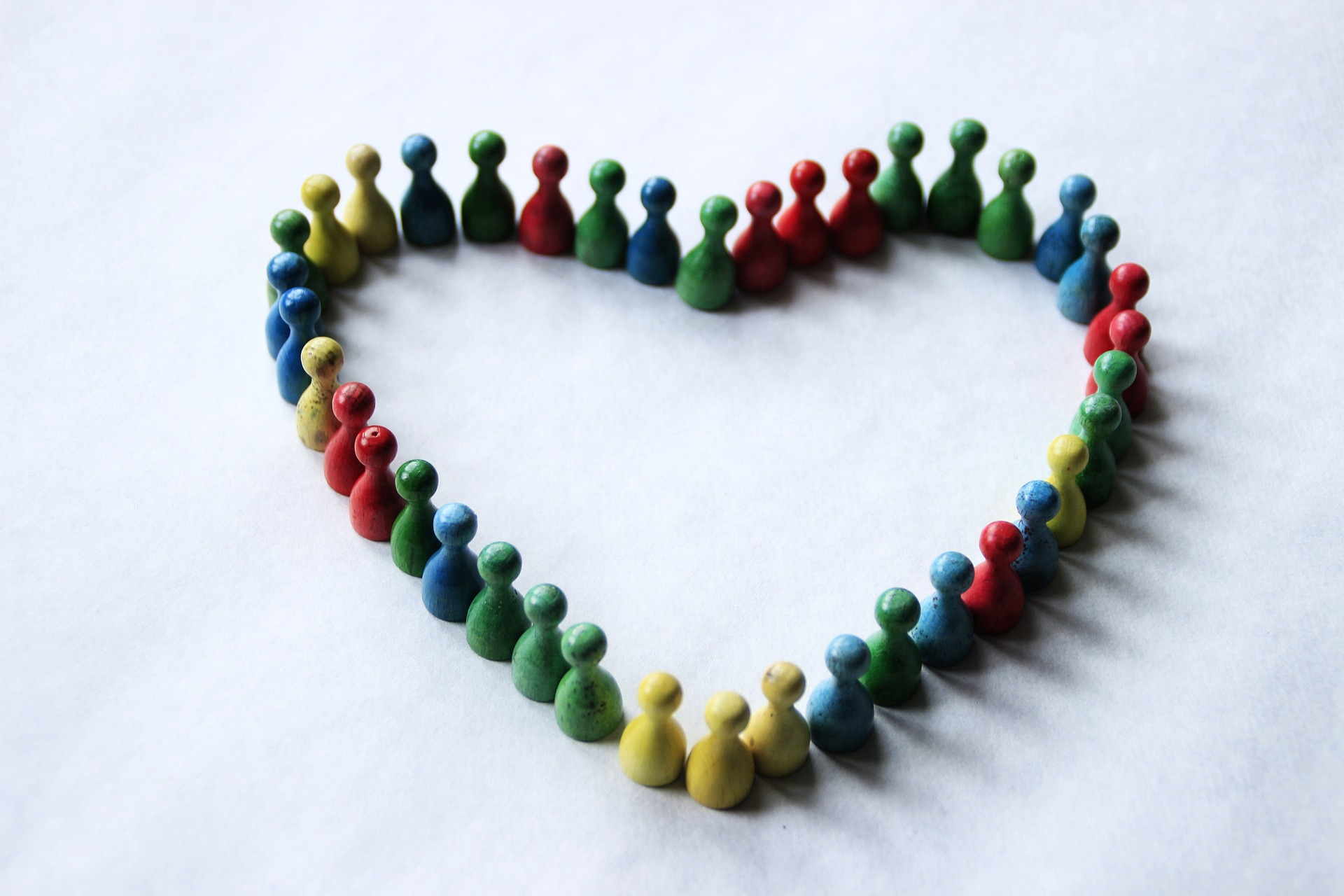The Emergence of Slow Living: A Societal Shift Towards Mindfulness
In a world that's constantly rushing, a new trend is emerging that encourages us to slow down and savor the moment. This is the concept of slow living, a cultural shift that is reshaping our society's perception of time, productivity, and happiness. Read below to delve into the origins, implications, and significance of this fascinating movement.
The Origins of Slow Living
The slow living movement traces its roots back to the 1980s, when Italian activist Carlo Petrini launched the Slow Food movement as a protest against fast food chains. This was a reaction to the increasing speed of life, where convenience and efficiency were prioritized over quality and enjoyment. Over time, this concept expanded beyond food, giving birth to the broader philosophy of slow living.
The Societal Shift Towards Slow Living
Today, slow living is more than just a trend—it’s a cultural shift that is influencing various aspects of society. From slow fashion and slow travel to slow education and slow work, this philosophy is transforming our approach to life. It encourages us to step back from the frenetic pace of modern living and to appreciate the present moment. This shift is a response to the increasing levels of stress and burnout experienced by many in our fast-paced society.
The Implications of Slow Living
The implications of slow living are profound and far-reaching. On a personal level, it promotes mindfulness, well-being, and a more balanced lifestyle. On a societal level, it challenges the dominant narrative of constant growth and productivity, advocating for a more sustainable and equitable way of living. It also fosters a greater appreciation for local cultures, traditions, and environments, countering the homogenizing effects of globalization.
The Significance of Slow Living in Modern Society
Slow living is not just a lifestyle choice—it’s a powerful critique of modern society’s obsession with speed, efficiency, and consumerism. It is a call to reassess our values and priorities, to redefine our notions of success and happiness. As such, it is shaping modern society in significant ways, influencing everything from consumer behavior and business practices to education policies and urban planning.
The Future of Slow Living
As we move forward, the slow living movement is likely to continue gaining traction. With the ongoing challenges of climate change, economic inequality, and mental health crises, the principles of slow living offer a compelling alternative to our current way of life. By embracing slowness, we can create a more mindful, sustainable, and fulfilling society.
In conclusion, slow living is more than just a trend—it’s a societal shift with profound implications. It challenges us to rethink our relationship with time, productivity, and happiness, offering a fresh perspective on what it means to live a good life. As we navigate the complexities of the 21st century, the philosophy of slow living provides a valuable guide, reminding us of the importance of slowing down and savoring the moment.






